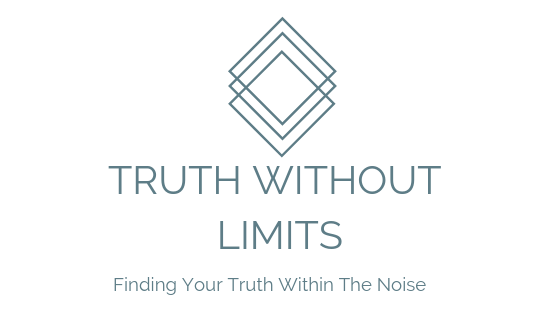You know the feeling, the next morning after a night of drinking you have a sinking feeling in your stomach, it’s harder to catch your breath, and your mind is racing.
What is Hangxiety?
More and more people are bringing up the post-night out increase in anxiety and decrease in mood. I’ve seen some people talk about it as feeling guilty the next day but it’s much more than that. In fact, you don’t need to be blackout drunk to get hangxiety, you can feel it after a couple drinks too. Alcohol is a sedative and depressant.
Hangxiety happens the next day when you’re sobering up and feeling hungover. Hung over includes… headache, drowsiness, concentration problems, dry mouth, dizziness, fatigue, gastrointestinal distress (like vomiting), absence of hunger, depression, sweating, nausea, hyper-excitability and anxiety.

The Root Cause
In our culture people drink to lose inhibitions, feel more loose, and more fun but in reality, anxiety and depression can come rearing back into our minds when our blood alcohol levels come back down from sobering up.
For example, when we drink our blood alcohol levels rise. As the alcohol leaves our system in the early morning, our adrenal systems start to reactivate to help us remove the toxins from our bodies, and therefore leaving our adrenaline pumping harder.
This can make us feel even more anxious, paranoid, and “edgy” (hello hangxiety). Even if you’re not consuming alcohol everyday, your body still is withdrawing from alcohol when you stop drinking it.
Those who suffer from depression and anxiety at baseline, will likely feel more of the withdrawal effects and feel that rebound anxiety and depression. So hair of the dog is only feeding the problem because it’s prolonging the rebound effect.
Pro Tip: If hangxiety is a large problem for you consider getting a mental health evaluation. This is a sign that you may have something like generalized anxiety disorder or depression.
GABA
Another reason that anxiety and depression could feel worse after a night of drinking is that alcohol works on our GABA receptors. Since alcohol is a GABA antagonist, it makes brain neurons less excitable (ie calmer). Over time, the brain will need more GABA to function at a normal level, and that’s when an anxiety disorder can set in In fact, the GABA receptors are what benzodiazepines cling too which is why people love them so (Hello ativan and xanax).
Serotonin
Alcohol affects the brain chemistry by lowering the level of serotonin. This natural message-sender in the body impacts mood, sleep and memory — key stabilizing elements that contribute to healthy bodies and sound minds. The lower the serotonin level, the worse a person’s sleep, mood and memory are likely to be. The higher the serotonin level, the better each of these areas will function.

Getting Back to Baseline (The cry “please god, what do I need to do to get over this hangover”.)
- “God I’m never drinking like this again”. Do you mean it? If this is something you say frequently maybe it’s time to actually try it. Maybe it’s time to put the boozy Sundays to rest and take care of your mental health for awhile.
- Mindfulness. Take some time to stay in the moment. Breathe, and allow yourself to feel your feelings. Remember that they will pass, be patient.
- Work out. Get an increase in those happy hormones again. Give your brain a chance to recoup.
- Sleep. When alcohol is in our system restful sleep is more difficult. Let your body rest. If you wake up anxious refer to step two.
- Eat Well. Drink water and eat healthy foods to let your body refuel with good energy sources. Drink water with electrolytes before bed the night of drinking. You’ll thank yourself in the morning.
Talk soon,
Sarah
References
https://www.ncbi.nlm.nih.gov/pmc/articles/PMC1482489/

